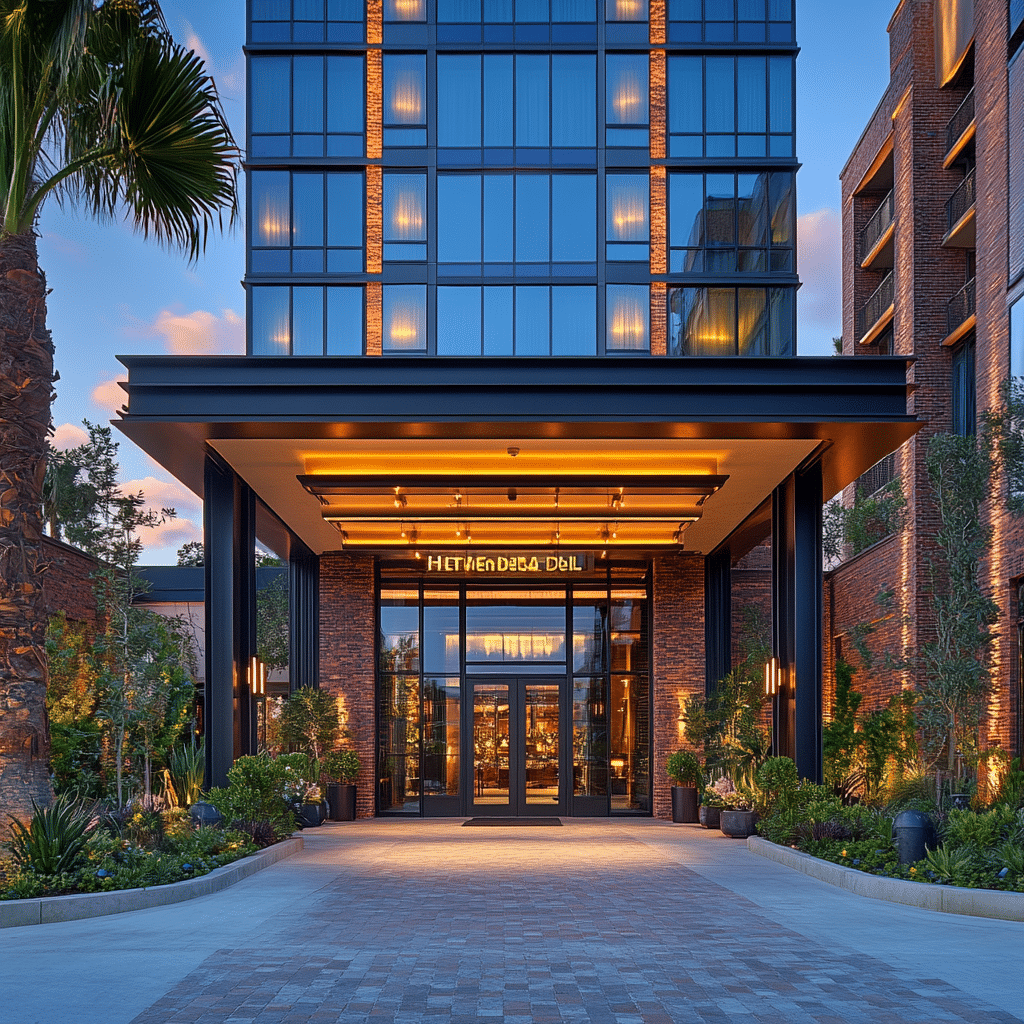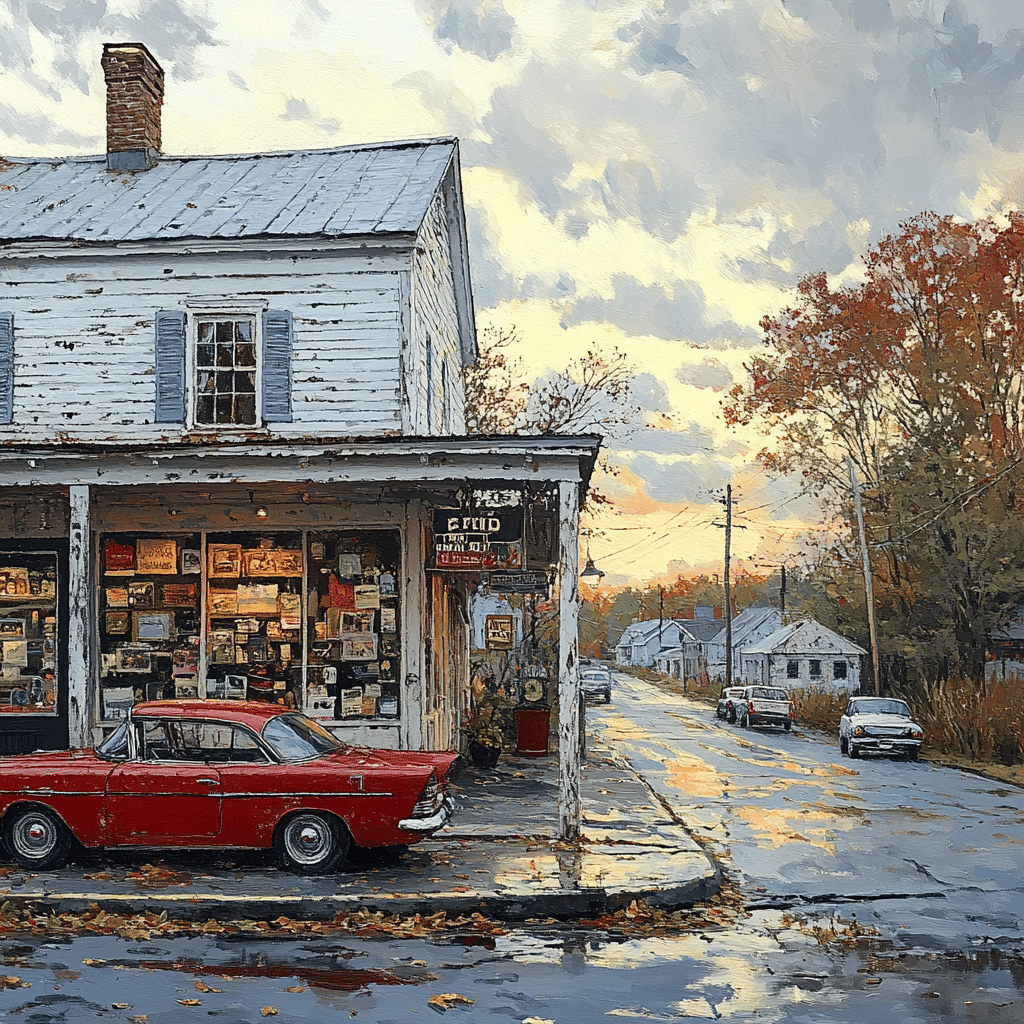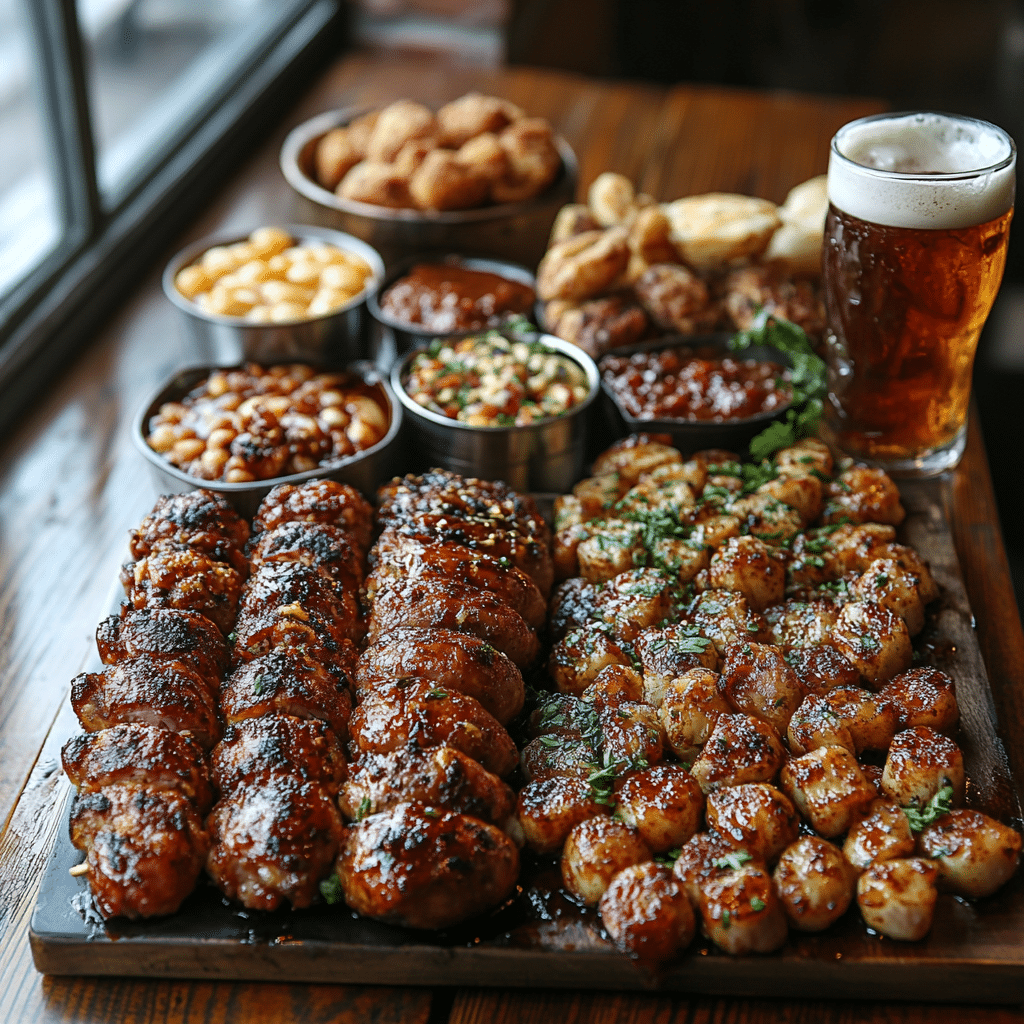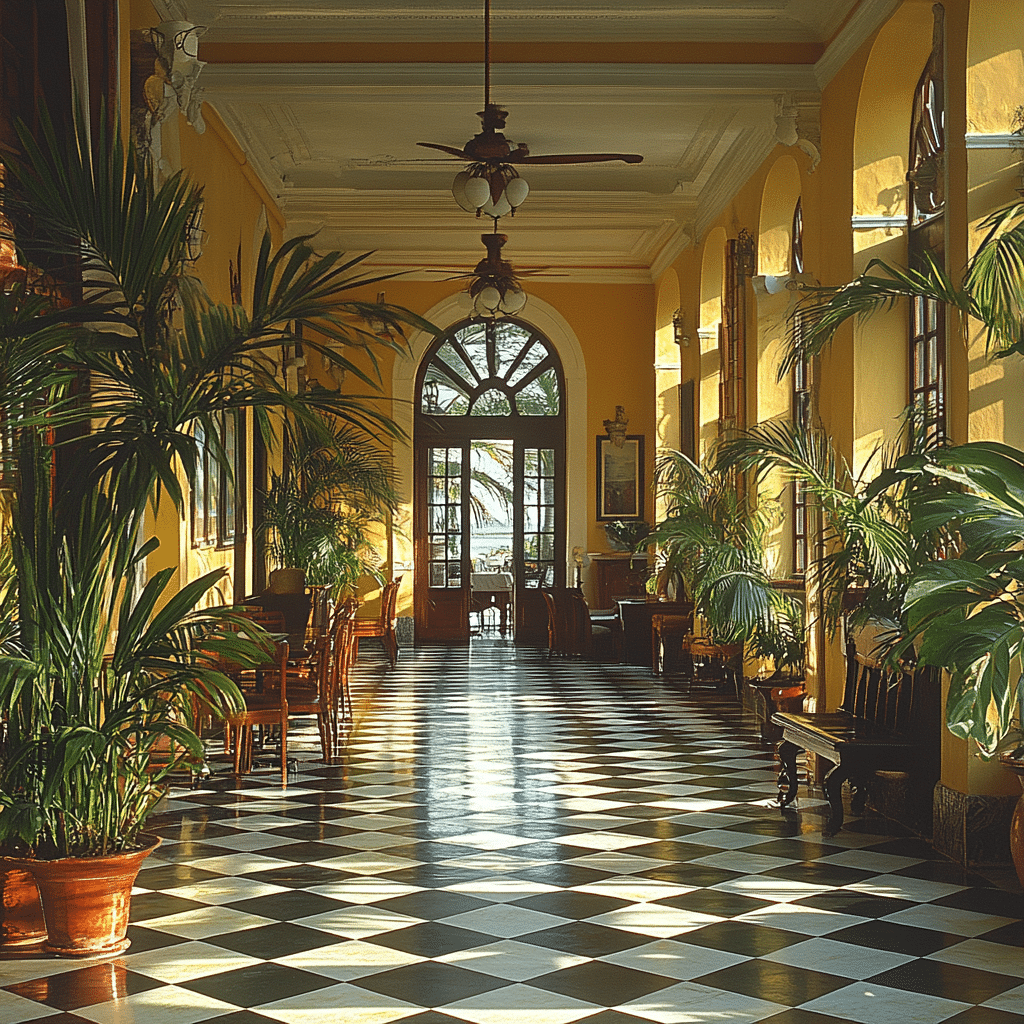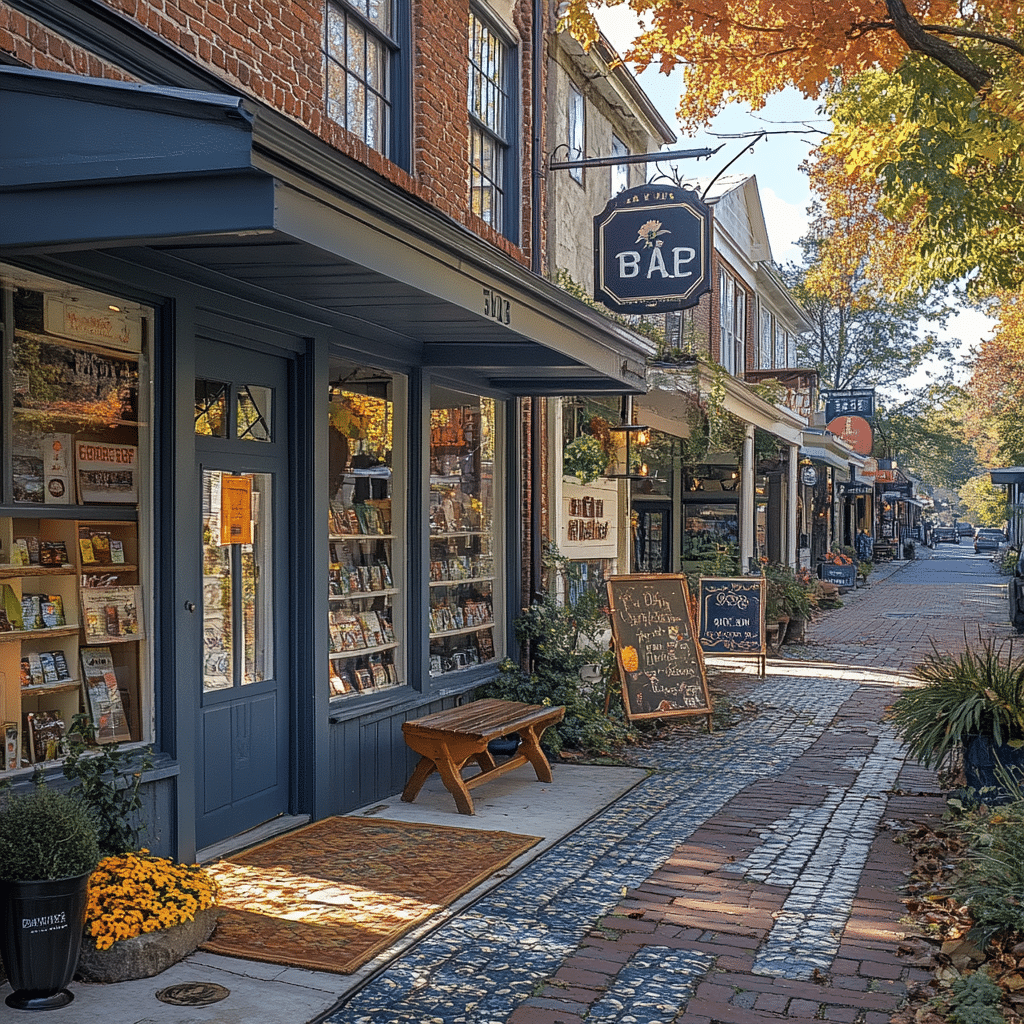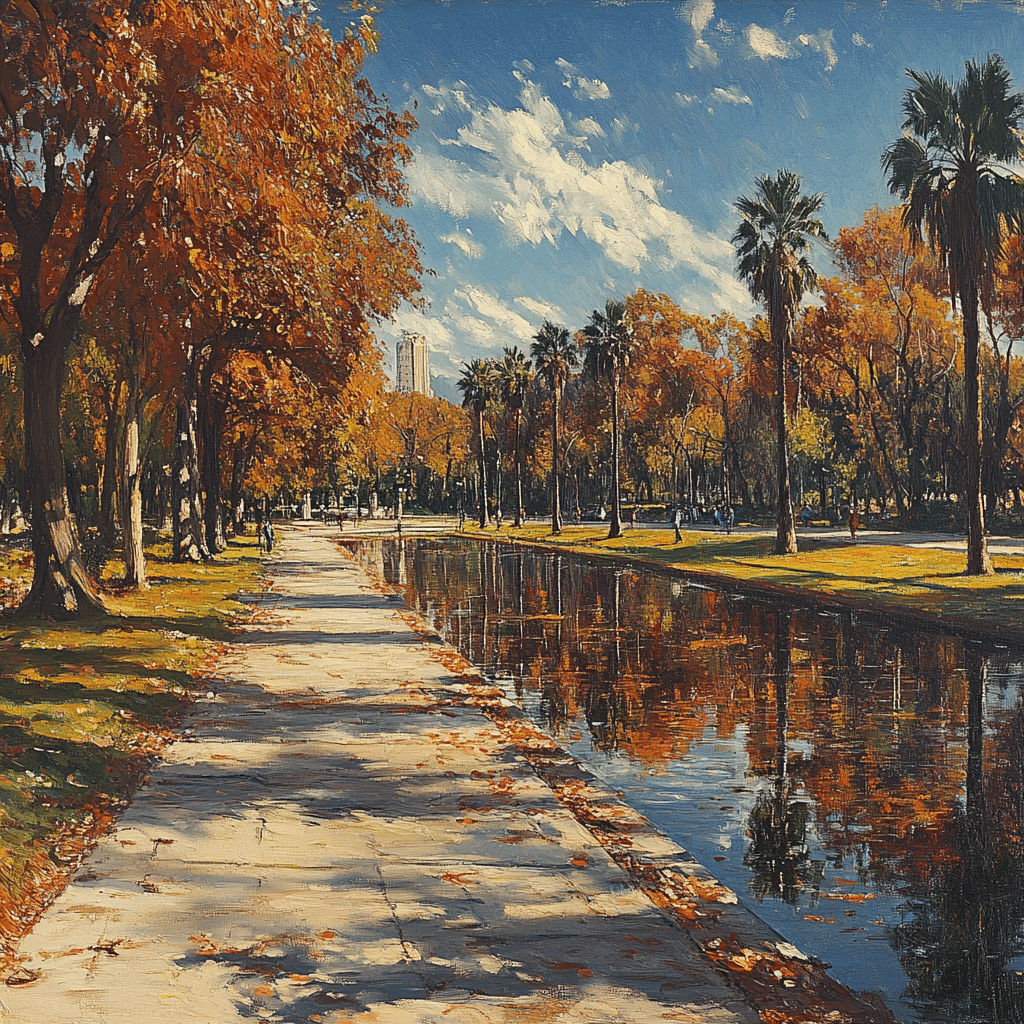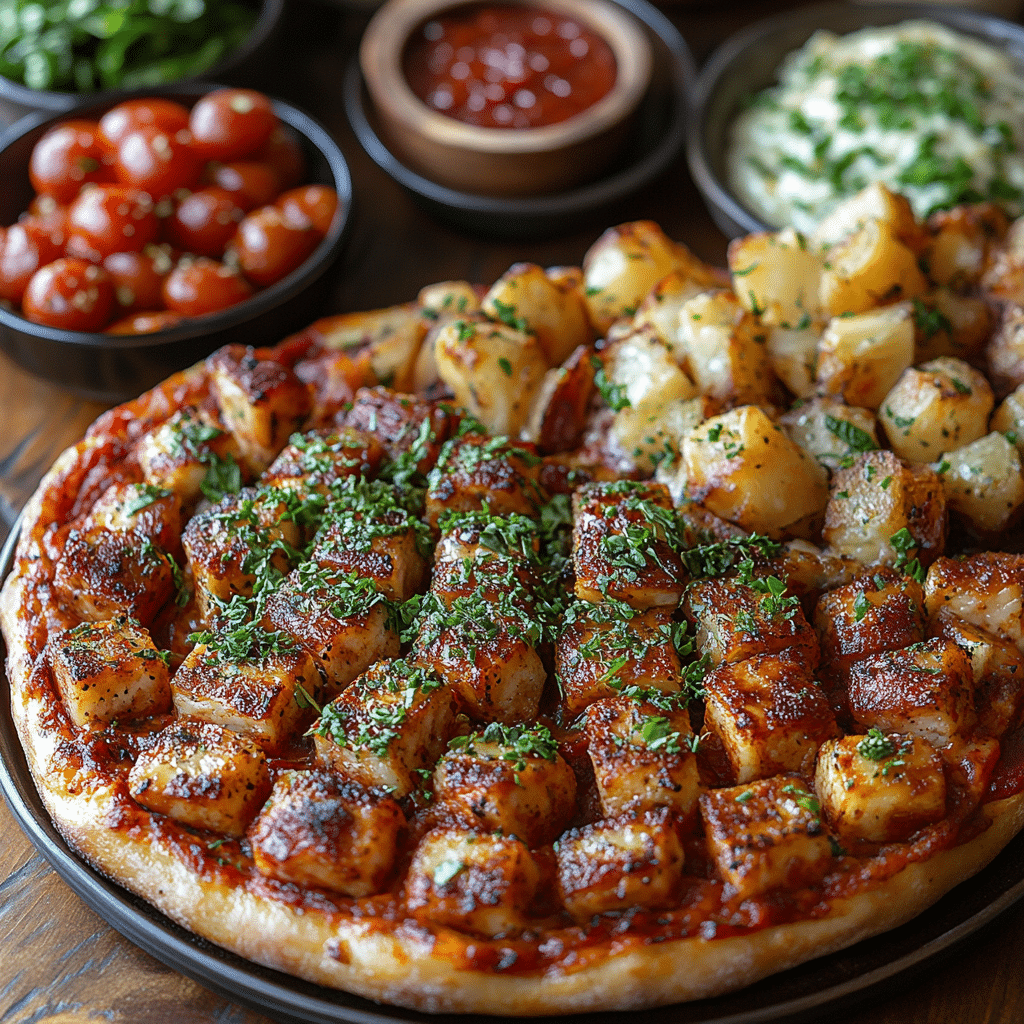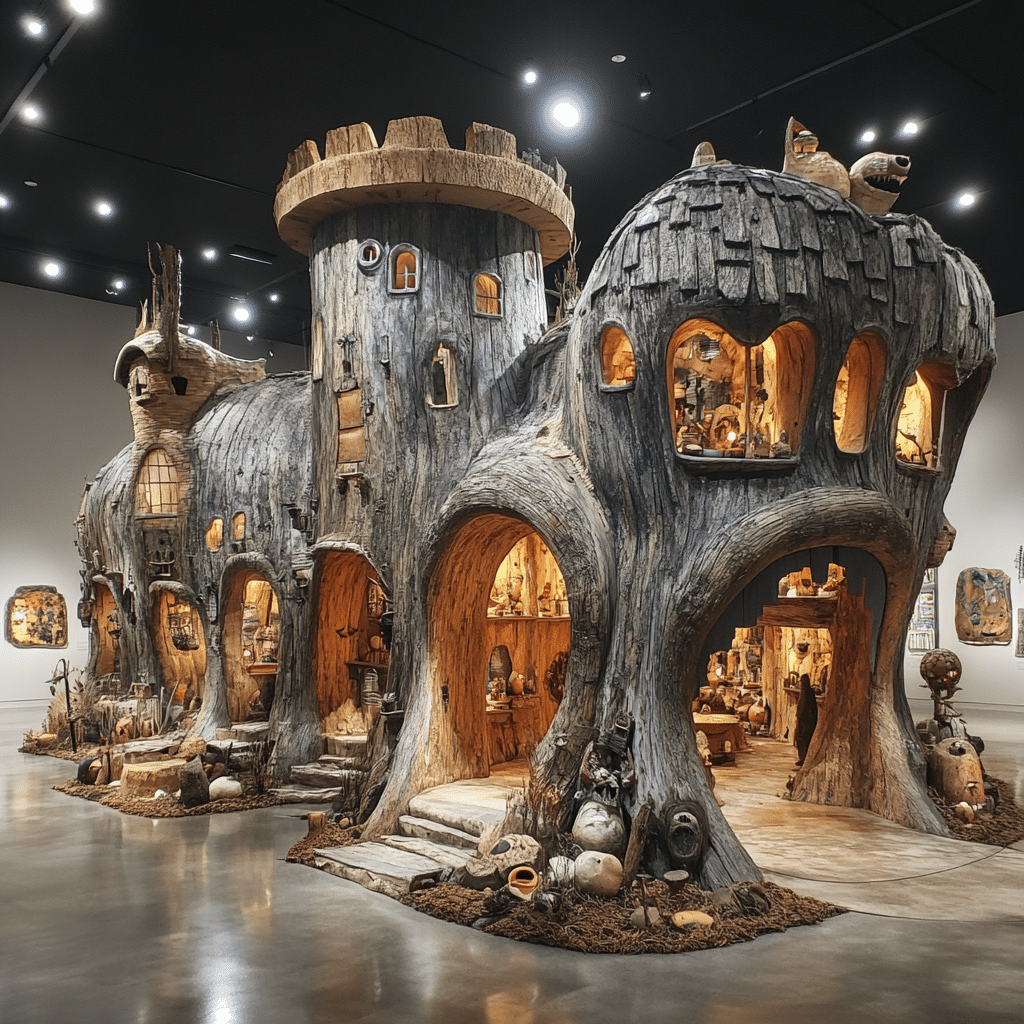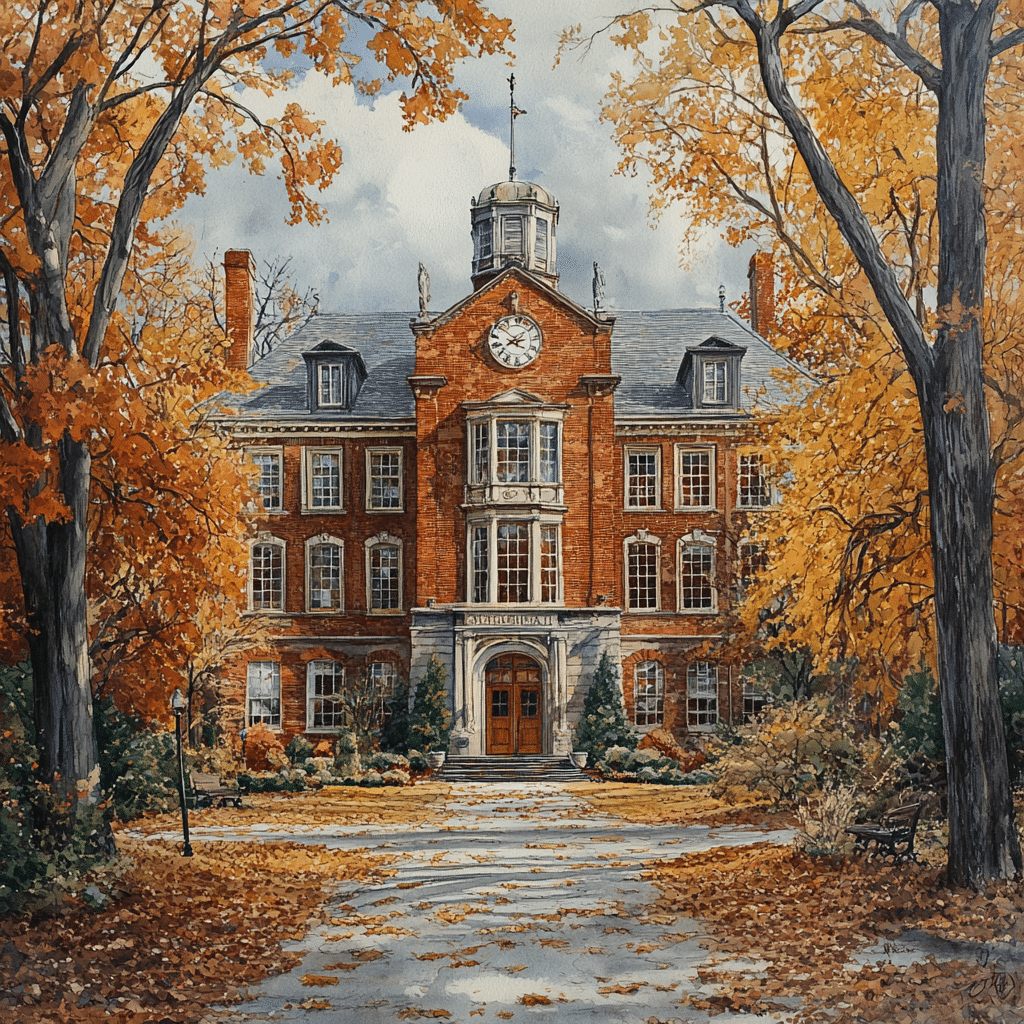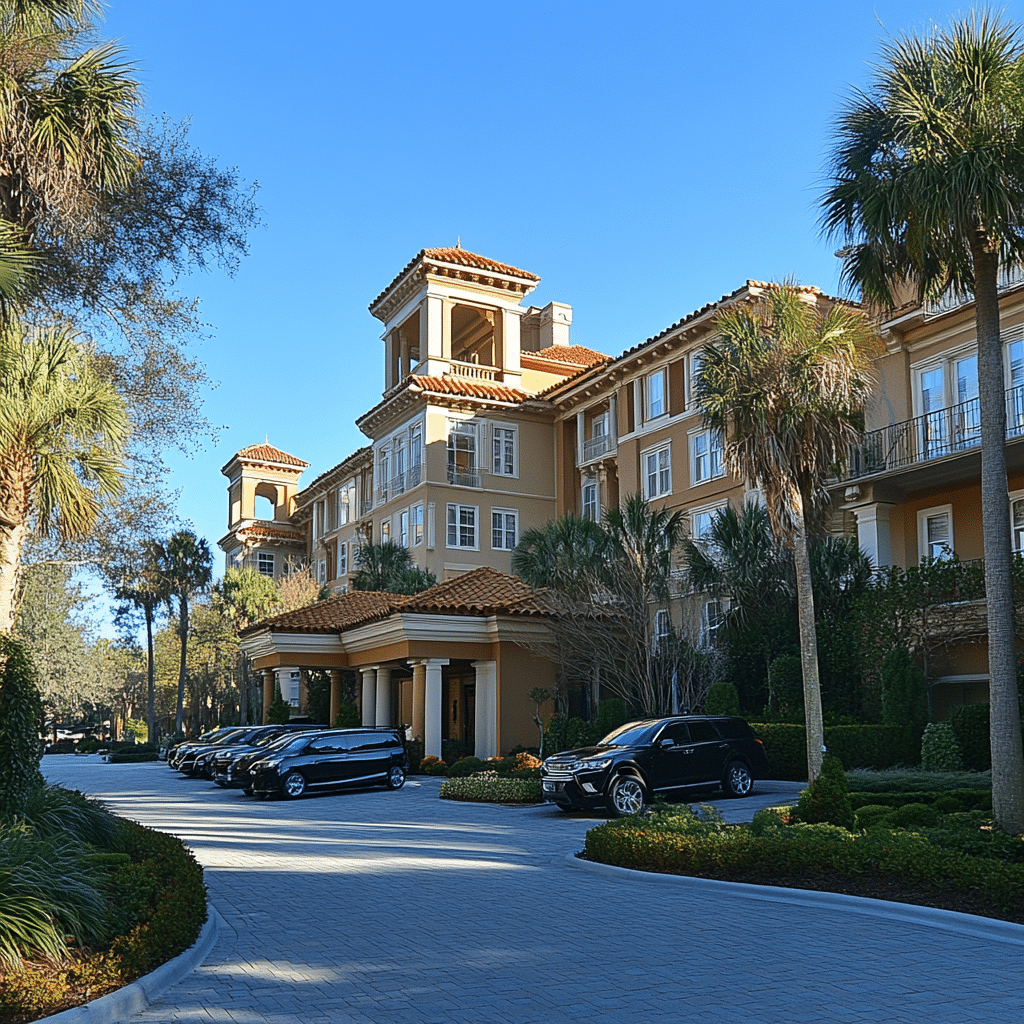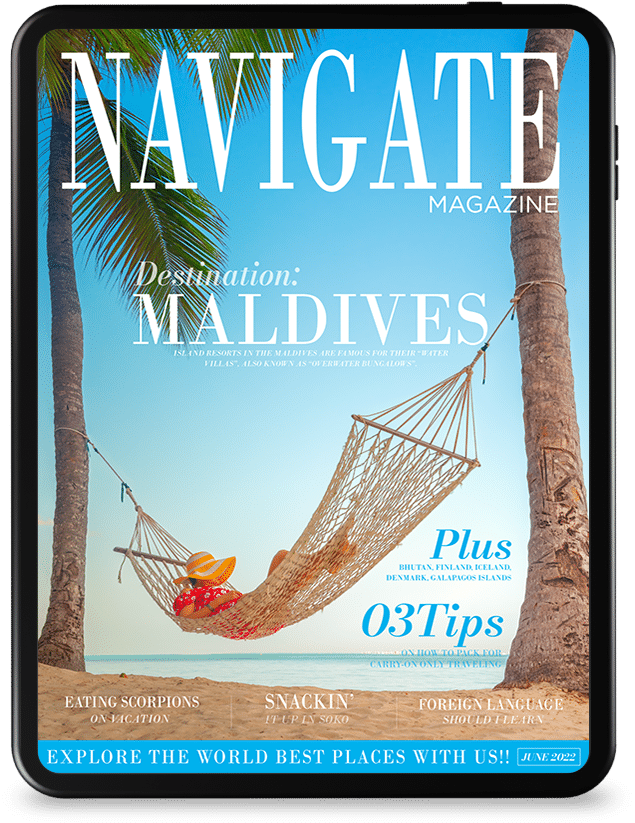Belgium’s linguistic landscape is so rich and varied that it could likely be mistaken for a patchwork quilt of cultures and identities. The question of “what language is spoken in Belgium” is more than just a simple inquiry. It hints at the nation’s historical influences, regional differences, and societal connections. This article dives into Belgium’s vibrant multilingual landscape, revealing how language acts as a bridge that ties its diverse communities together.
1. The Major Languages Spoken in Belgium
Belgium is an officially trilingual country, which means it recognizes three primary languages that mirror its regional diversities.
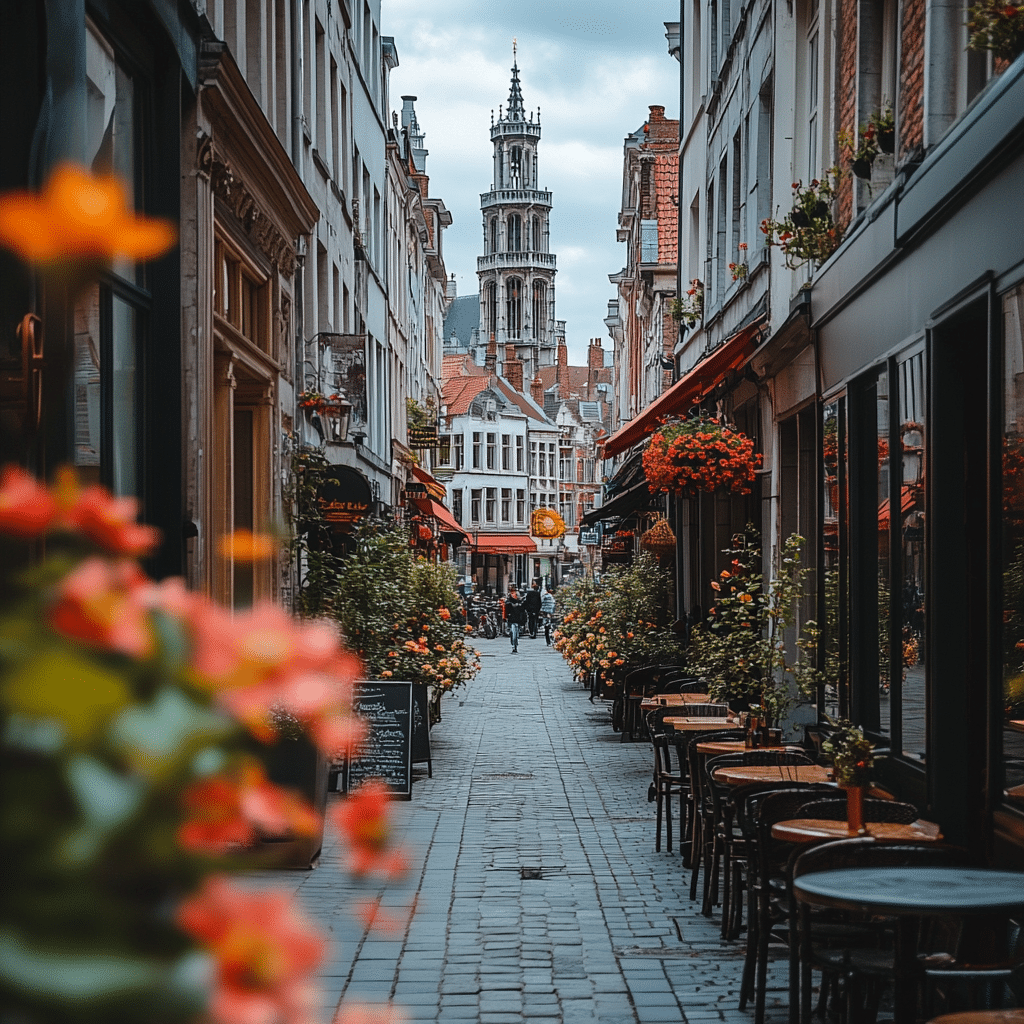
1.1 Dutch: The Linguistic Bridge of Flanders
In Flanders, the northern region, Dutch reigns supreme. It’s the primary language spoken by around 60% of the population. More than just a mode of communication, Dutch stands as a cultural symbol. Companies like Brussels Airlines and iconic brands such as Duvel beer perpetuate Flemish cultural heritage on a global stage.
Local dialects of Dutch flourish here, from the energetic tones of Antwerp to the softer sounds of Ghent. These dialects not only facilitate connections among Flemish communities but also ensure that unique identities remain intact. Words like “Hallo” open the door to conversations, making introductions in this cultural celebration a breeze.
1.2 French: A Historical Influence in Wallonia
Shift your focus to Wallonia, where French takes center stage as the primary language for approximately 40% of the population. French has long been associated with Belgium’s aristocracy, and it heavily influences the local arts and cuisine. Think of dishes like Boulet à la Liègeoise, which embody the French culinary techniques that permeate Walloon cooking.
Cultural events like the Walloon Festival further emphasize how French plays a pivotal role in binding communities together. Here, the language surges with life, carrying with it the enduring traditions and customs that connect the people of Wallonia.
1.3 German: The Minor Yet Significant Perspective
Though spoken by only around 1% of the population, German holds a meaningful position in Belgium’s linguistic framework. In the eastern regions, particularly near the German border, many locals identify with their German heritage. This affiliation fosters a subtle but vital cultural exchange.
Institutions like the German School of Brussels contribute significantly to this linguistic fabric, providing education and community activities that bolster cultural ties. In a society where languages intertwine, even a minority language like German plays a crucial role in enhancing understanding among diverse groups.
2. What Language Is Spoken in Belgium Compared to Other Multilingual Countries?
To truly grasp what language is spoken in Belgium, looking at other multilingual nations provides valuable insights. Let’s take a glimpse at Brazil and Switzerland for meaningful comparisons.
2.1 Comparing Belgium and Brazil: Language and Identity
In Brazil, Portuguese serves as the unifying language for the vast majority. However, Brazil’s linguistic scenery is enriched by indigenous languages and immigrant tongues, including German and Italian. This splendid patchwork represents how languages can both unite and divide cultural communities. Like Belgium, where languages reflect national identity, Brazil showcases the strength of multilingualism interwoven within its rich tapestry of cultures.
Language is a powerful tool in both countries, enabling communities to share their unique stories while also facing challenges. The beauty of Brazil’s carnivals and Belgium’s famous carnaval events underscores how different dialects harmoniously coexist, drawing people together through a common thread of culture.
2.2 What Language Is Spoken in Switzerland: A Fourfold Approach
Switzerland’s linguistic diversity is even more striking, boasting four official languages: German, French, Italian, and Romansh. In Swiss society, multilingualism promotes regional pride and cultural heritage. For instance, the SBB CFF FFS rail company operates in multiple languages, showcasing how vital effective communication is in such a diverse environment.
Belgium mirrors this balance of representation as it navigates its intricate language dynamics. The challenge of harmonizing various languages and cultures is vital not only to identity but also to social cohesion, much like how Switzerland cultivates unity through its multilingual framework.

Bridging Cultures Through Language in Belgium
When considering what language is spoken in Belgium, it’s essential to recognize its far-reaching implications. Language goes beyond mere communication; it weaves rich connections among diverse cultural identities. The coexistence of Dutch, French, and German helps foster dialogue, collaboration, and understanding within Belgium’s vibrant society.
As different cultures come together, Belgians take pride in their heritage while embracing the myriad linguistic traditions enriching their lives. The cultural tableau of Belgium thrives on these interactions, offering a canvas for dialogue and collaboration.
Language serves as the thread stitching distinct narratives into a cohesive tapestry, allowing unique stories to flourish. Belgium’s future hinges not only on preserving its languages but also on cultivating an atmosphere of respect and appreciation among its varied communities. This commitment ensures Belgium remains a lively, multicultural nation, teeming with life and connection.
What Language Is Spoken In Belgium?
When diving into the question of “what language is spoken in Belgium,” you’ll quickly discover this tiny nation is a melting pot of cultures, primarily French, Dutch, and German. These languages reflect the unique identities of Belgium’s regions: Flanders in the north primarily speaks Dutch, while Wallonia in the south speaks French. And just to add a twist, the German-speaking community resides in the east. This linguistic diversity makes Belgium particularly exciting, much like experiencing a dazzling musical number from a hit show like Little Shop Of Horrors broadway, where every note contributes to the overall harmony.
The Cultural Mosaic of Belgium’s Languages
With three official languages, Belgium’s rich tapestry of cultures thrives through communication. Understanding “what language is spoken in Belgium” opens the door to grasping the country’s vibrant history. Did you know that Brussels, the capital, is officially bilingual? Not only can you enjoy spectacular sights like the Top Of The World Las Vegas observation deck, but you’ll also hear a delightful mix of French and Dutch just walking down the street. Likewise, the multicultural atmosphere is palpable at events and gatherings, where you might even experience flavors of traditional Belgian cuisine while marveling at the Shedd Aquarium free days, showcasing the unique aquatic varieties similar to the country’s linguistic elements.
Fun Facts about Belgians and Their Language
As if the language factors weren’t fascinating enough, here’s a quirky tidbit: Belgian communication is just as lively as their cinema! Ever seen Woody Harrelson on SNL? Belgian humor shares a similar warmth, often filled with playful wordplay in all three official languages. Plus, if you wander around the local neighborhoods, you might stumble upon locals bonding over classic karaoke lines, like the Islands in The Stream Lyrics, that transcend the language barrier, bringing everyone together through the magic of song.
Lastly, just as the eclectic beats of a Tiki Tiki party can ignite the night, the lively interplay among Dutch, French, and German cultures continuously shapes Belgium’s identity. So the next time you think about the enchanting linguistic landscape, you’ll know it’s not just a question of “what language is spoken in Belgium”—it’s about the cultural connections that keep this nation pulsating with life!

What language is mostly spoken in Belgium?
Dutch is the most spoken primary language in Belgium, especially in the Flanders region, where it’s the official language alongside French and German.
Can I speak English in Belgium?
You can definitely speak English in Belgium! Many folks understand it, and around 55% of the population can hold a conversation in English, so you should be just fine.
How do you say hello in Belgium?
To say hello in Belgium, you can use “Hallo,” which is pretty common, or opt for the more formal “Goedendag” to greet someone throughout the day.
Is Brussels Dutch or French?
Brussels is multilingual, but French is more commonly spoken there, even though Dutch is also present.
Are Dutch and German similar?
Dutch and German do have some similarities, especially in grammar and vocabulary, but they are different languages nonetheless.
Is Belgium Catholic or Protestant?
Belgium has a mix of cultures, but it’s predominantly Catholic, although there are Protestant communities as well.
Can you survive in Belgium with English?
You can definitely get by with English in Belgium, especially in tourist areas and among younger people who often speak it well.
What is Belgium famous for?
Belgium is famous for a lot of things, including its delicious chocolates, waffles, fries, and of course, its fine beers!
What currency does Belgium use?
Belgium uses the Euro as its currency, so you’ll find yourself dealing in Euros when you visit.
How to be polite in Belgium?
Being polite in Belgium involves using a respectful tone and remembering to say “please” and “thank you” in the local language.
What does it mean if someone is Flemish?
If someone is Flemish, it means they come from the Flanders region and primarily speak Dutch or Flemish.
How do you say please and thank you in Belgium?
You can say “alsjeblieft” for please and “dank u” or “dank je” for thank you, depending on how formal you want to be.
Is Brussels expensive to visit?
Brussels can be a bit pricey to visit compared to other European cities, but you can find budget options if you search around.
Is Dutch hard to learn?
Learning Dutch can be challenging for some due to its unique sounds and grammar, but with practice, it gets easier!
What are the two capitals of Belgium?
Belgium has three capitals: Brussels is the capital of the country, while each region—Flanders and Wallonia—has its own administrative capitals: Brussels and Namur respectively.
Is Flemish the same as Dutch?
Flemish is a variation of Dutch, so in a way, they’re the same language, though it’s influenced by local dialects.
Why do Belgians speak French?
Belgians speak French due to historical and cultural ties, especially in the Wallonia region where French is the primary language.
What language is similar to Belgium?
The languages most similar to those spoken in Belgium are Dutch and French, but German also shares some similarities with Dutch.
What does it mean if someone is Flemish?
Being Flemish means you’re part of the Dutch-speaking community in Belgium, primarily found in the northern region of Flanders.

